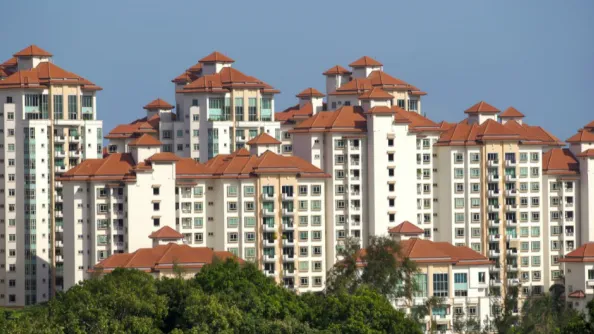
What does the future look like for Singapore’s residential property sector?
Find out how the new cooling measures will affect the market in the short term.
Looking ahead, a JLL report says the general buying sentiment in Singapore is likely to be prudent as housing affordability remains a concern in the face of inflation, higher interest rates and an uncertain economic outlook.
The fresh market cooling measures effective from 27 April 2023 are expected to result in an instinctive market reaction and temper market sentiment in the short term. “While more project launches are expected to be slated for the rest of the year, particularly those outside the prime CCR, transaction volumes could slow in the coming months before recovering as the market assimilates the measures and prospective buyers assess the potential impact. Demand could be diverted to the side-lines due to lower affordability and higher upfront costs amid the new measures,” the report said.
Here’s more from JLL:
Local and permanent resident (PR) first-time buyers are largely left unscathed, and they are foreseen to be the key driver of the private residential market. The nascent recovery of foreign homebuying and investment demand which formed 6.9% of all non-landed private homes purchases in 1Q23, is expected to be nipped following the prohibitive jump in ABSD for foreigners. However, Singapore’s government continues to welcome foreign wealth that adds value to Singapore as well as foreigners to set up homes in Singapore. For instance, those who qualify for the Global Investor Programme could eventually become permanent residents in the country.
Buyers could adopt a wait-and-see approach, with anticipation that prices will fall on the back of increased negotiating power. However immediate price corrections are unlikely as market fundamentals remain relatively stable with tight supply and resilient underlying demand for private homes, particularly from local households.
As developers had incurred increased land acquisition and development costs, they are likely to hold top-line prices of upcoming launches relatively firm, particularly for mass-market projects as the impact on buying demand for mass-market homes is expected to be limited. Overall, barring any adverse turn of macroeconomic events and job losses, private home prices could increase 3%-4% for the whole of 2023.
Unsold inventory could remain low in the medium-term as developers are increasingly cautious due to rising costs resulting from inflationary pressure, high interest rates and stamp duties, as well as reduced saleable floor area due to the harmonisation of floor area computation (affecting all development applications submitted from 1 June 2023 onwards).
These factors cause further strain on developers’ profit margins, leading them to be more careful with their bids and further exacerbating the gap in pricing expectations between developers and sellers. While the ABSD rates for developers remain unchanged in the current round of market curbs, developers will remain prudent in land banking activities in view of the homebuying demand uncertainties arising from the cooling measures.
Developers will likely seek out palatable development plots from the government land sale programme as well as sites that are suitable for mass-market development projects as underlying demand for such homes is expected to remain resilient. Collective sale deals for sites in the high-end market will face stronger headwinds.
In the rental market, the anticipated completions of projects that faced construction delays due to COVID is expected to inject a large supply to the market, especially in the second half of the year. In 2023, there could potentially be 17,690 new completions, 85.7% higher than the 9,526 units newly completed in 2022. This would also be the highest number of annual new completions since 2016 when 20,803 units were completed in the year.
The surge in expected supply this year, coupled with heightened economic uncertainties and growing tenant’s resistance to high rents could alleviate upward pressure on rents. That said, some foreigners in Singapore, such as employment pass holders seeking to buy properties in Singapore may turn to the rental market following the ABSD hikes, thereby adding to leasing demand.


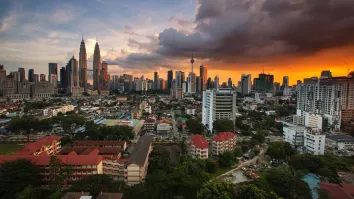



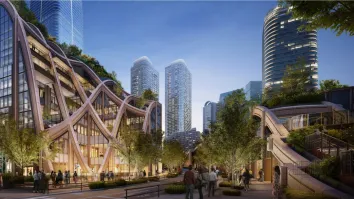
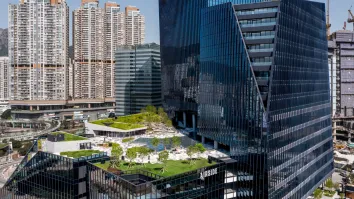






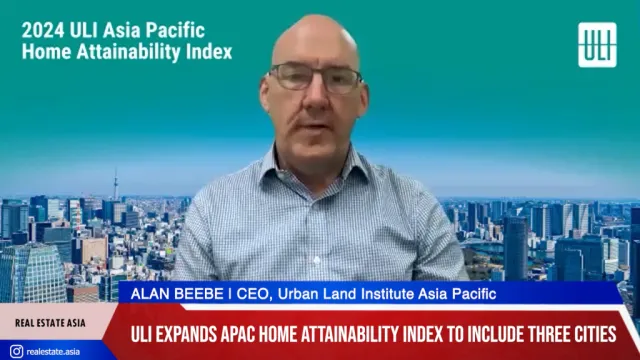

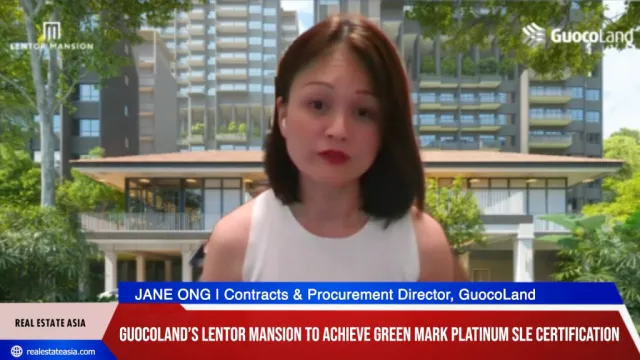
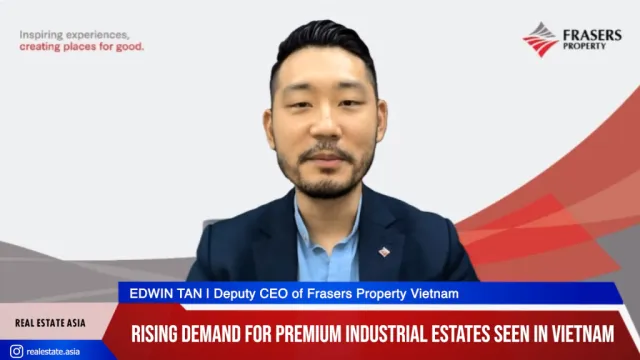

 Advertise
Advertise






